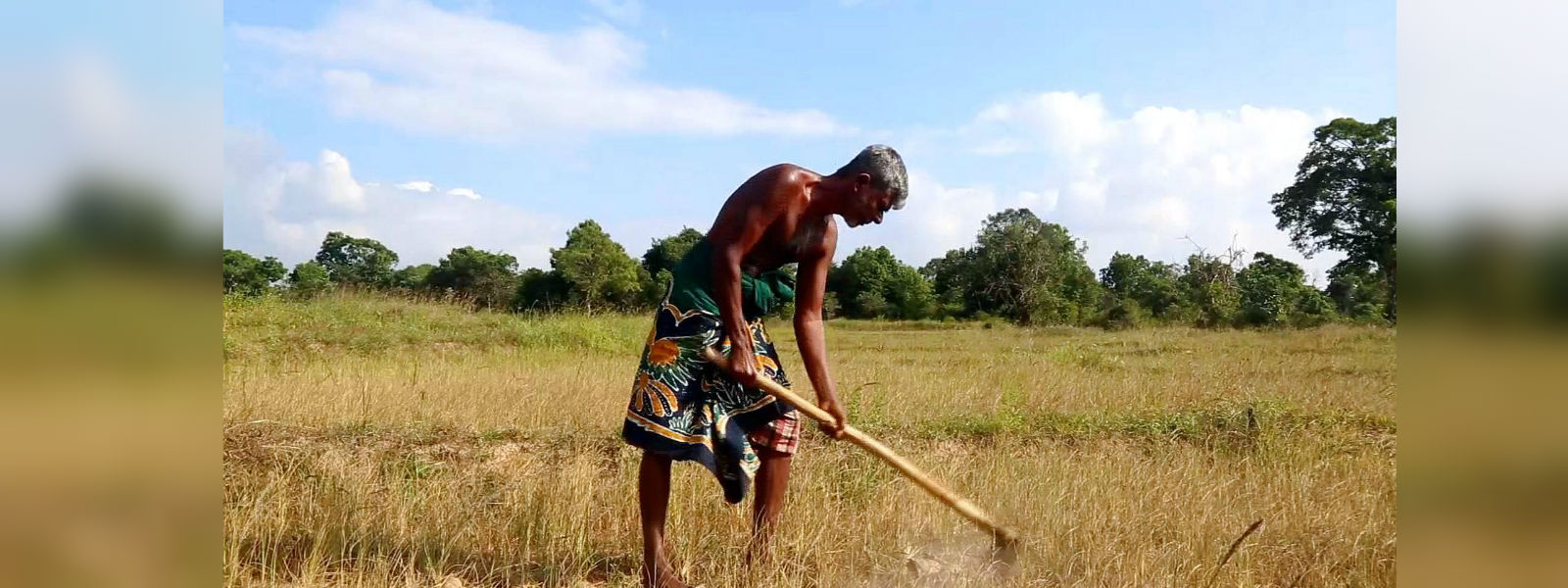.webp)

Farmers battered by fertilizer shortage
COLOMBO (News1st): While the COVID-19 pandemic continues to take a toll on the people's lives, farmers are facing bitter experiences due to the shortage of fertilizer.
Fertilizer had been brought to the Kadapola Dedicated Economic Centre in Nuwara Eliya to be distributed among farmers in the area.
But the distribution of fertilizer had been suspended temporarily with the intervention of the police after farmers demanded that the fertilizer must be issued to all those present.
Tokens were then issued to farmers for the distribution of fertilizer outside the premises of the agrarian services centre.
Cabinet approval has been granted to purchase organic fertilizer from local and foreign suppliers for the Maha harvesting season.
Yesterday, the cabinet had decided to import organic fertilizer required for 500,000 hectares of paddy lands for the 2021-2022 Maha season through state-owned fertilizer companies and to distribute it through the Agrarian Services Department.
The cabinet had also granted approval to import organic fertilizer required for 600,000 hectares to cultivate other crops, based on the recommendations of organic fertilizer research institutes.
Specialised fertilizer required for non-edible ornamental plants and other plants would be allowed to be imported based on the recommendations of research institutes under a permit system.
Although the cabinet spokesperson has expressed these remarks, the Soil Science Society of Sri Lanka said it is not in agreement with importing organic fertilizers, as a scientific society.
While pointing out that the requirement of organic fertilizer for rice and tea alone would be 11.5 million tons annually, and that the availability of materials would be the main constraint when the recommendation is made to go 100% organic.
The letter pointed out that there is a risk that invasive species, weeds, and pathogens may enter the environment through organic fertilizers.
The Soil Science Society of Sri Lanka observed that there are no standards in place or facilities available to test for emerging micro-plastics, antibiotic residues, organic pollutants and biological contaminants which are commonly found in organic fertilizers.
The group cautioned that importing organic fertilizer without a proper regulatory mechanism in place will cause massive complications.
Other Articles
Featured News





.png )











-797273_550x300.jpg)


















.gif)